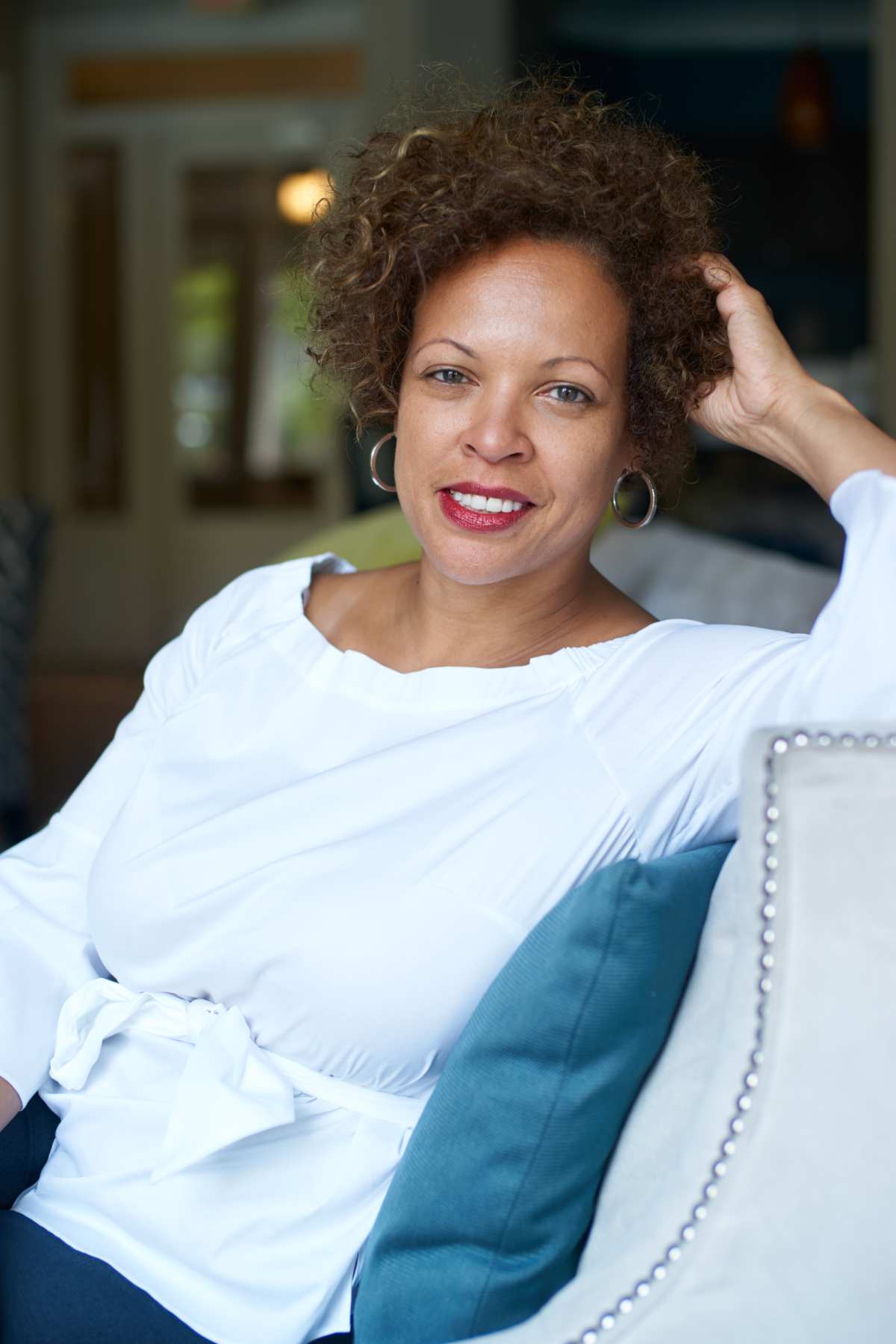We were lucky to catch up with Erica Ahmed recently and have shared our conversation below.
Erica, I appreciate you joining us today. Let’s kick things off with talking about how you serve the underserved, because in our view this is one of the most important things the small business community does for society – by serving those who the giant corporations ignore, small business helps create a more inclusive and just world for all of us.
My connection to Negro League Football (NLF) is deeply personal. My grandfather, Hubert E. Simpson, Sr., played on the 1941 championship team, the Harrisburg Trojans (Harrisburg, PA), alongside his brothers Ralph and Bill. Like so many Black athletes of that era, their talents and dreams were limited not by ability but by segregation and the racial ban in professional football that kept them from even trying out for what we know today as the National Football League or NFL. Their story, and the stories of countless other African American athletes, deserve to be told and remembered. These men were leaders in their communities—some were business owners, many were well-educated, and most were only one to two generations removed from slavery.
From my vantage point, my role now is to serve as both an educator and storyteller — to ensure these histories don’t remain hidden. Negro League Football was more than just a game; it was a testament to resilience, community, and Black excellence in the face of exclusion. By preserving, sharing, and amplifying these stories, I hope to raise awareness not only for the next generation but also for the generations who never knew this history existed. This legacy can inspire pride, foster cultural preservation, and spark opportunities for mentorship and youth development in underserved communities—through sports, business development, civic engagement, and community empowerment.
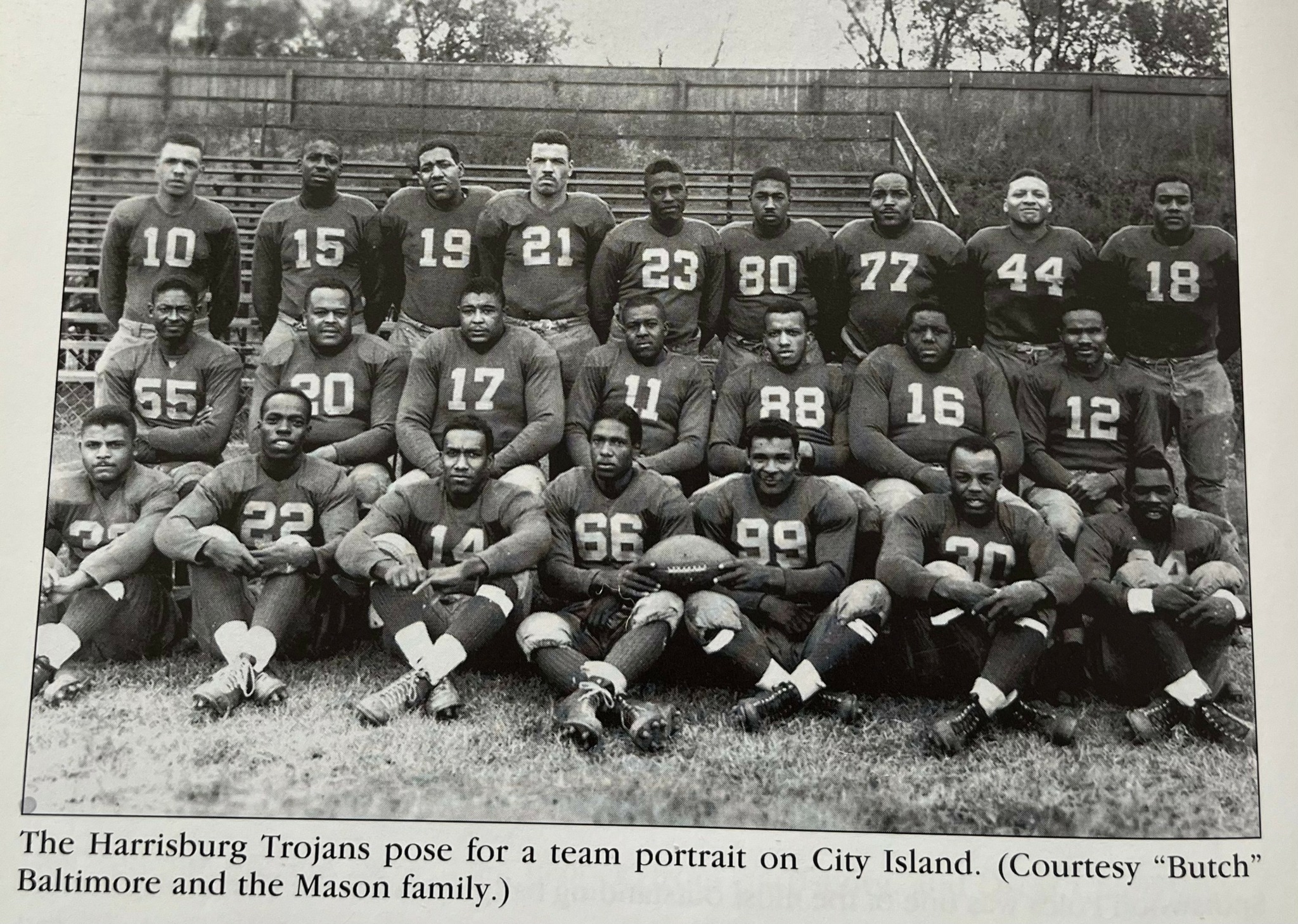
Awesome – so before we get into the rest of our questions, can you briefly introduce yourself to our readers.
My name is Erica Ahmed. My career has been primarily in public health, working in HIV prevention, maternal health, and behavioral health consulting. I am a proud two-time HBCU graduate. I am also the founder and small business owner of The Green Laundress, a company that creates eco+people friendly cleaning products.
As I mentioned, I come to this work with a very personal connection, but my decision to take a deep dive into Negro League Football history was by default. After my grandfather passed away, I began researching Negro League Football and was shocked at the lack of information. I had assumed there would be a wealth of knowledge, similar to what exists for Negro League Baseball—but I quickly learned how wrong I was. While I’ve unearthed a significant amount of history, I also realize this work will likely never end. Instead of feeling daunted, I feel energized and excited by the journey.
What sets me apart is that I’m not just telling sports history, I’m telling American history—while carrying forward a family legacy and building a bridge between the past and the present. This isn’t abstract for me; it’s deeply personal. And that personal connection brings authenticity, passion, and cultural responsibility to the work.
I am most proud of being able to shine a light on athletes whose names may have never been known beyond their local communities during that era, but whose impact helped shape the future of football and representation in sports. We’ve been invited to collaborate with museums and other organizations, and my hope is that when people encounter Negro League Football, they walk away with not only greater historical awareness but also a sense of responsibility—to preserve culture, uplift underserved voices, and create opportunities for the next generation.
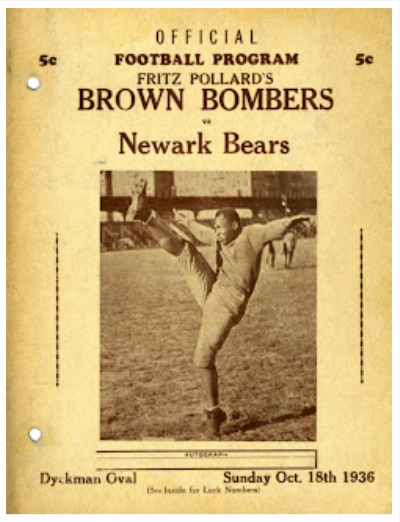
Can you share a story from your journey that illustrates your resilience?
Certainly! There are many, but I’ll keep it in the space of Negro League Football.
Starting this historical preservation work from scratch—by myself—has been both rewarding and challenging. I faced significant roadblocks because most, if not all of the men who played have passed away, and so many important details, both major and minor, were either never documented nor preserved. There have been moments when I thought about pausing the project permanently, but I know how important this work is and what it means to the African American community, the sports community, and history enthusiasts. That’s what inspires me to stay the course.
I also draw inspiration from historians like Mr. Calobe Jackson of Harrisburg, PA, who is now 95 years old. He actually remembers seeing my grandfather play in the 1941 Negro League Football Championship game against the Brown Bombers on City Island in Harrisburg. I had the honor of interviewing him and hearing his firsthand account—a true treasure that reinforces why this work must continue.
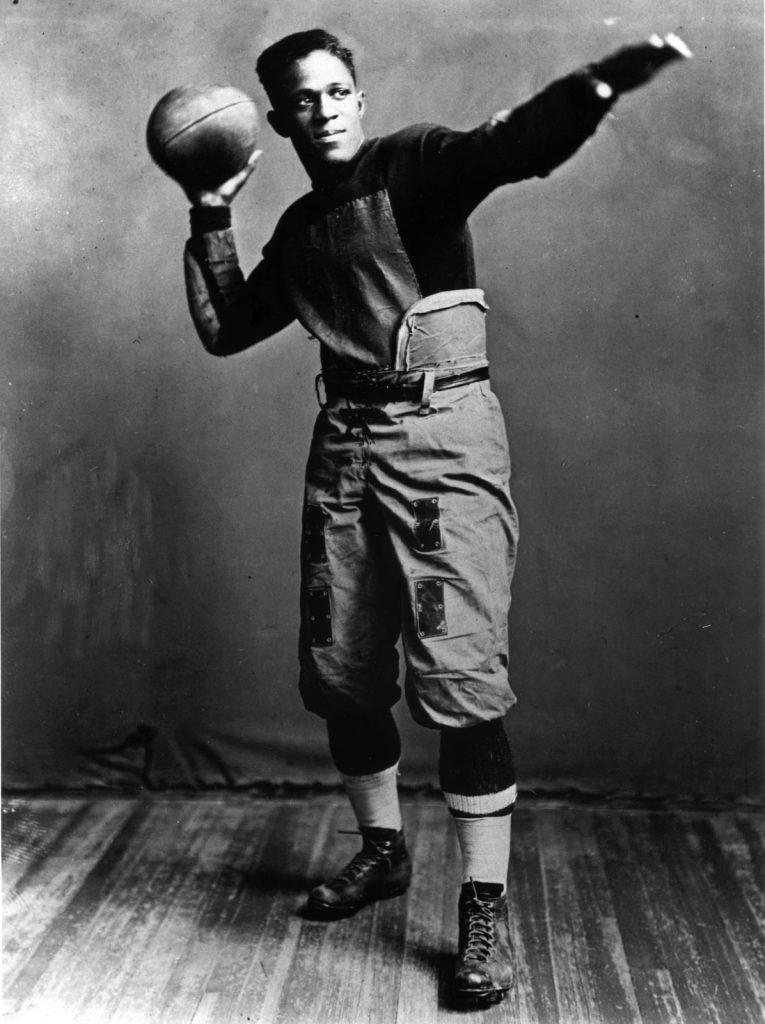
Have any books or other resources had a big impact on you?
- Think and Grow Rich by Napoleon Hill
- Think and Grow Rich: A Black Choice by Dennis Kimbro
- Damola Adamolekun’s story on transforming Red Lobster — an informative, practical, and accessible case study.
- My academic training has also had a profound impact. It shaped how I engage with consumers, clients, and communities. I’ve learned the importance of listening and respecting the expertise of those on the receiving end of products or services. That framework applies across industries—whether in public health crises, counseling, focus groups about cleaning product needs, or adopting innovations to grow businesses. The central goal is always the same: to center the needs of the audience.
The story of Negro League Football is more than sports history—it’s a powerful narrative of African American resilience, innovation, and cultural excellence. I invite readers to explore our website, www.thenegroleaguefootball.com
Follow my work to stay connected to upcoming museum partnerships, community engagement events, and educational initiatives that keep this legacy alive. Your support—whether through sharing our story, engaging with our content, or collaborating on projects—helps ensure these histories are preserved, celebrated, and passed on to future generations.
Together, we can honor the pioneers of Negro League Football, uplift underserved voices, and create new pathways for education, mentorship, and cultural preservation.
Contact Info:
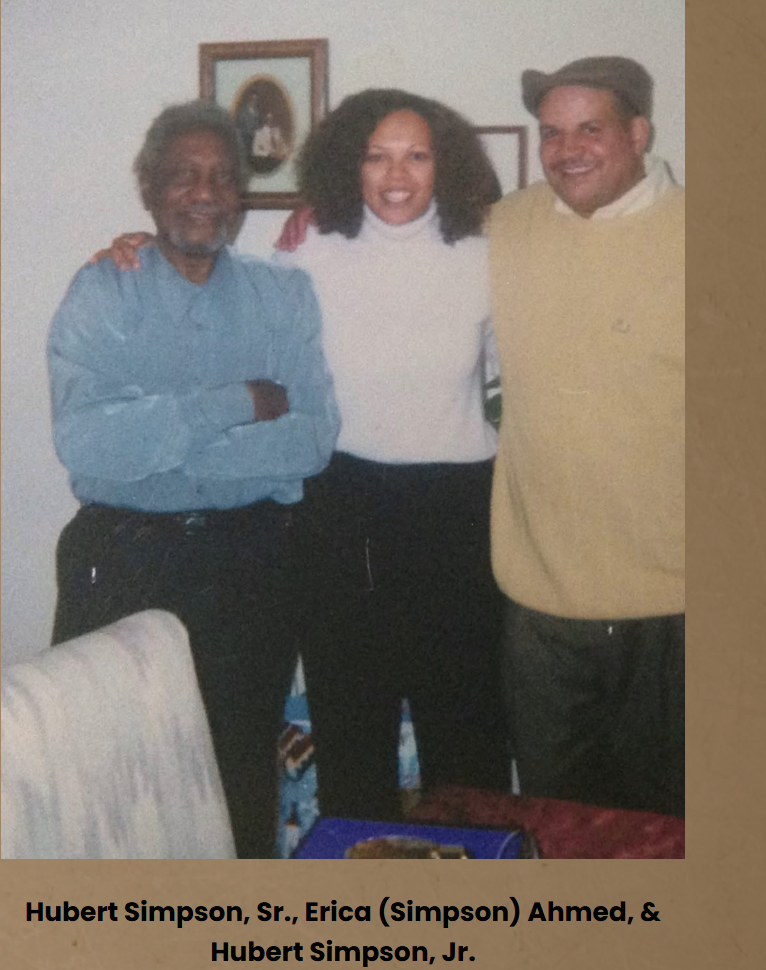
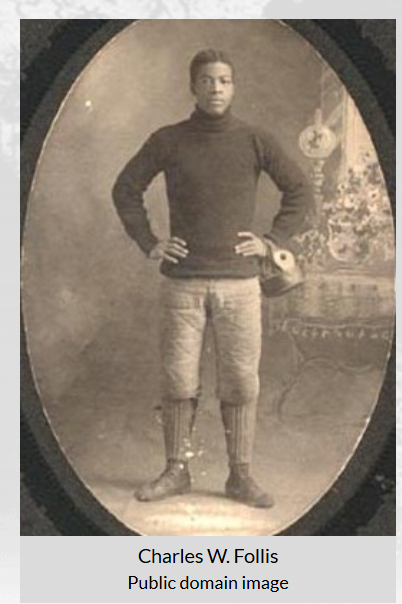
Image Credits
Public Domain
Harrisburg Trojans
Charles Follis
Fritz Pollard


